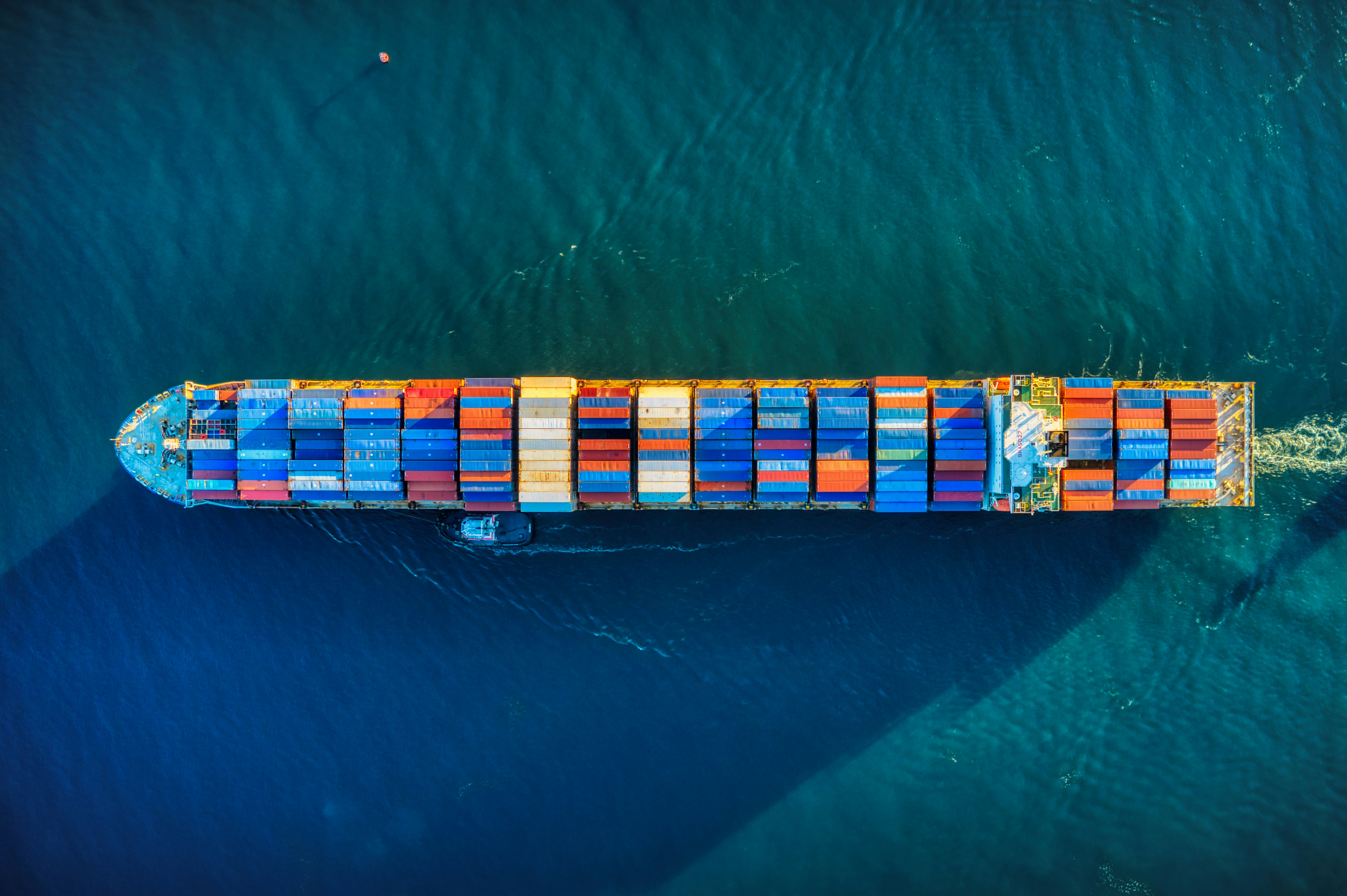Do You Really Need Kubernetes?
An honest guide to help you decide if Kubernetes is truly what your team needs.

Kubernetes is one of the most powerful (and complex) tools in today’s DevOps world. But it’s also one of the most misunderstood and often adopted without a real need.
What problems does Kubernetes solve?
- Orchestration of containers and distributed services
- Autoscaling and automatic load balancing
- Zero-downtime deployments with automatic rollbacks
- Declarative infrastructure configuration
And what complexity does it add?
- Steep learning curve: YAML, controllers, operators, CRDs, RBAC…
- High operational costs: monitoring, security, cluster upgrades, backup, logs.
- Infrastructure for the infrastructure. Who manages the cluster?
Simpler alternatives
Not everything needs Kubernetes. Here are some practical alternatives:
- Docker Compose: ideal for development or small environments.
- ECS Fargate (AWS): deploy containers without managing servers.
- Render, Railway, Fly.io: modern platforms for web apps with less friction.
- Well-designed monoliths: better than poorly distributed microservices.
When is it actually worth it?
- Your team has experience or is willing to invest in learning it.
- You require high availability with multiple services.
- You need advanced and customized CI/CD workflows.
- You’re looking to scale horizontally with efficiency.
Kubernetes is an incredible tool — but not a magical one. Sometimes, the best decision is to use something simpler and focus on delivering value.